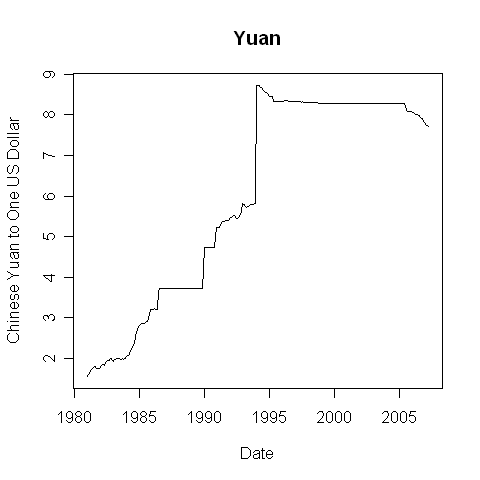Most of the coverage of the KFC has been absolute megacrap, but some of it is quite good. I read an article by William Buiter the other day called Zombie solutions: The Good Bank vs Bad Bank approaches and it was great. I agreed with most of his suggestions and he doesn't seem to get sucked in by same old bail out justifications.
For instance, most articles assume we have to bail out all the banks et al because not doing it it will be too messy and having a whole bunch of formerly rich people begging on the streets is too unseemly. They take the Lehman Brothers as the example of what happens when the government doesn't bail someone out. People act like the panic it caused was the government's fault - as though it was panic that could have been avoided. Lehman Brothers may have affected the exact timing of the start of the KFC, but it certainly didn't affect it's eventuality. It was inevitable. The panic that flooded through the markets after the Lehman Brothers collapse was a totally rational response to the discovery by traders that tax payers wouldn't cover every single dollar lost in the impending crash. It was when they all first realised that bluffing the government was not going to be bulletproof insurance against losses. It has been remarkably effective insurance so far, but not perfect.
I'm inclined to think that had the US government abandoned all the flaky institutions who'd earned above normal profits during the last decade, and invested more money in everything else then we'd be in better shape. William Buiter's suggestion is similar. Instead of the government buying all the dodgy assets, whose values aren't known, he suggests the government only buys the healthy assets. The result would be a massive goverment-owned bank and a whole lot of mostly insolvent but fairly irrelevant former banks. The shareholders and creditors would be left with the bad assets their banks had bought. They could sell them for a massive loss (probably), or they could sit on them for as long as they wanted waiting for a liquid market to appear.
The only real downside of this is that rich people would get slightly poorer and the government would become the biggest bank in the country. If you consider how bad a job the rich have done of being rich lately and how bad a job the free market has done of running banks, then I don't think either of these problems are terribly bad.
The article is worth a read. It makes sense of some stuff that I haven't heard other folk talk about and it's pretty free of madness.

